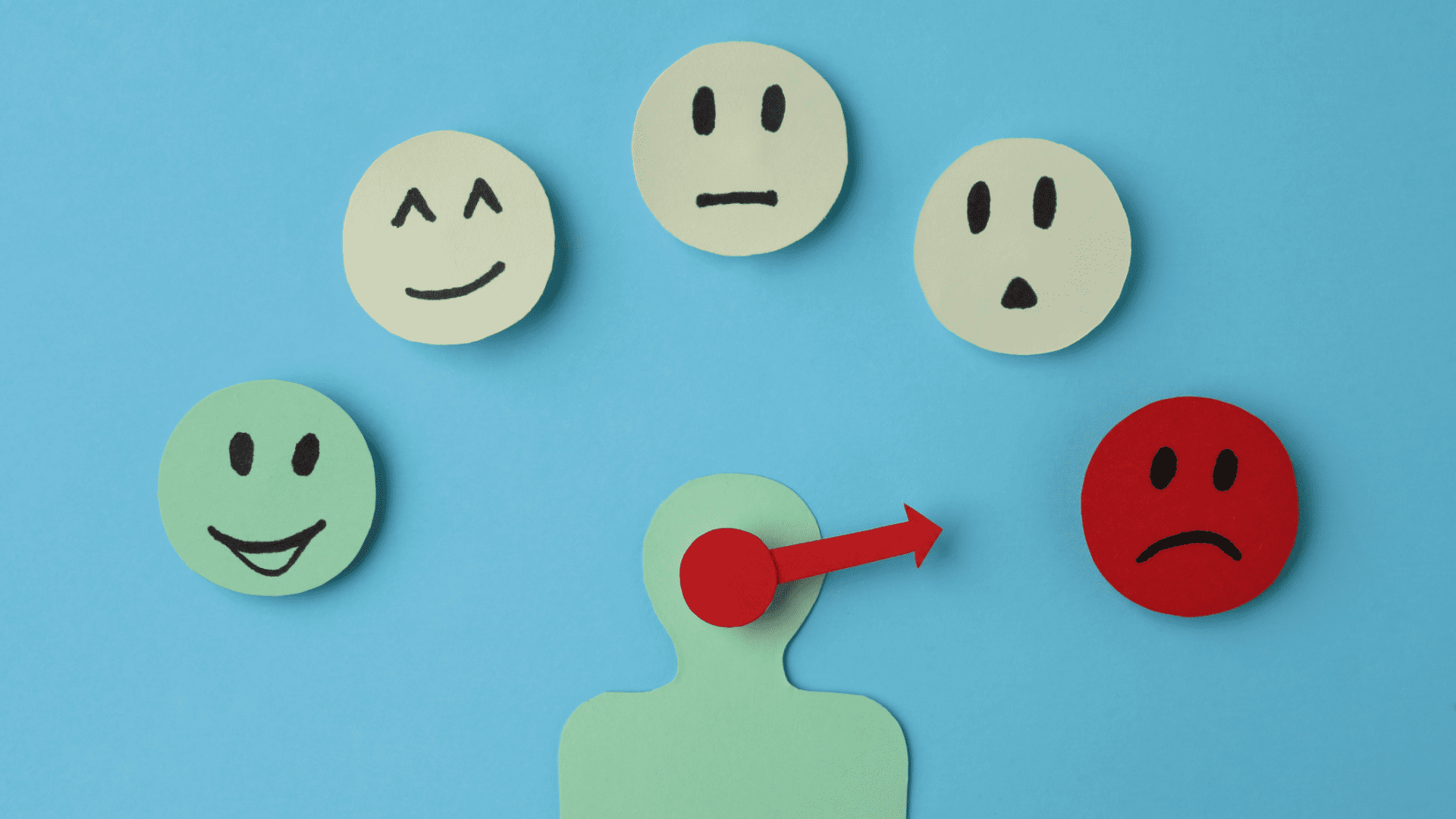Seasonal affective disorder (SAD) is a type of major depressive disorder (MDD) that occurs mostly during the winter months. There is no clear cause of SAD. Less sunlight and shorter days are thought to be linked to a chemical change in the brain and may be part of the cause of seasonal affective disorder. Melatonin, a sleep-related hormone, also may be linked. SAD is occasionally referred to as “winter depression” since the symptoms are typically more noticeable and severe during the winter. However, some individuals with SAD could have symptoms in the summer and feel better in the winter.
Signs and symptoms of SAD may include:
- Daily feelings of unhappiness and dissatisfaction.
- Loss of interest in previously appreciated activities, low energy, and sluggishness.
- Having difficulty sleeping; experiencing carbohydrate cravings, overeating, and weight gain
- Having trouble concentrating
- Feelings of hopelessness, worthlessness, or remorse
- Having frequent thoughts of death or suicide
Specific symptoms for summer-pattern SAD may include:
- Sleeping problems (insomnia)
- Loss of appetite, resulting in weight loss
- Agitation and restlessness
- Anxiety
- Angry outbursts, irritability, or frustration
You may have heard about SAD light therapy. The theory is that exposure to light throughout the winter may assist in alleviating the symptoms of seasonal affective disorder (SAD). However, if you have summer SAD, consider consulting with a mental health expert to decide which therapies or combinations of therapy may be most effective for you.
Summer coping tips:
- Maintain your schedule and routines
You might feel better and be more prepared to handle the disruptions when they arise if you schedule and establish routines for the things you can control.
- Sleep enough
Sleep is especially crucial for summer depression. While those with the winter type tend to sleep excessively, sleeplessness is a common symptom of summer SAD. A good night’s sleep can have a positive effect on your mental health.
- Continue to exercise
Exercise may be the last thing on your mind when the weather turns hot and humid, but staying active is an effective approach to battle sadness at any time of year.
- Socialize
During the summertime sadness, you may want to hide indoors and isolate yourself from others, but it is essential to socialize and spend time with your loved ones.
You are not alone if you are experiencing summertime sadness and depression. There are resources available to assist you in coping with and possibly preventing summer onset SAD. Consider visiting your doctor if you experience any of the symptoms listed above, especially if they appear annually. Nowadays, telehealth is used in most medical facilities around the world, you can also consult with your therapist securely from your home. Rehabilitation and therapy can help you learn how to manage this condition and possibly even prevent new episodes.
Written by Marina Malobabic for www.MedEZ.com



